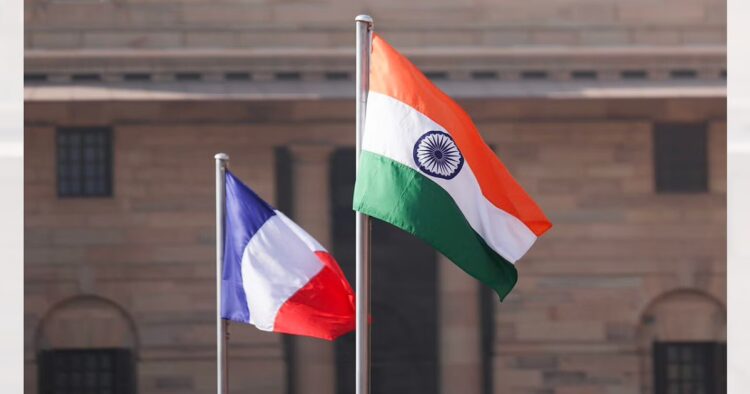Bharat and France engaged in a bilateral dialogue on March 4, 2024, in New Delhi to discuss crucial matters about disarmament and non-proliferation. The dialogue encompassed a wide array of topics including nuclear, chemical, and biological weapons. Additionally, both nations deliberated on space security, conventional weaponry, integration of Artificial Intelligence (AI) in military operations, and the deployment of Lethal Autonomous Weapon Systems. The talks also touched upon multilateral export control regimes, reflecting the shared commitment of both countries towards global peace and security.
The Ministry of External Affairs released a statement highlighting the key discussions held during the Bharat-France Bilateral Dialogue. The dialogue aimed to address emerging challenges in disarmament and non-proliferation domains, underscoring the importance of international cooperation in mitigating potential threats posed by weapons of mass destruction.
Disarmament has emerged as a pivotal focus area for Bharat in the 78th session of the United Nations General Assembly (UNGA). With a pragmatic and constructive approach, New Delhi seeks to actively engage with its global partners in forums like the First Committee and UN Disarmament Commission. Bharat’s priorities encompass various dimensions including outer space and cyberspace security, reflecting its steadfast commitment towards fostering a safer and more secure world.
The Conference on Disarmament (CD), established in 1979 under the auspices of the United Nations and headquartered in Geneva, Switzerland, serves as a vital multilateral forum for negotiating arms control and disarmament agreements. The presidency of the CD rotates among member states, with each assuming a four-week term to facilitate discussions and negotiations on disarmament issues. India, as a member state, has consistently advocated for nuclear disarmament and non-proliferation within the framework of the CD.
India’s stance on disarmament is shaped by a multitude of factors including its historical experiences, strategic imperatives, and aspirations for international recognition. The nation remains firmly committed to the goal of achieving universal, non-discriminatory, and verifiable nuclear disarmament. Emphasizing its status as a responsible nuclear weapon state, India maintains a doctrine of credible minimum deterrence with a no-first-use posture, underscoring its commitment to peace and stability.
In conclusion, the bilateral dialogue between Bharat and France underscores the shared commitment of both nations towards advancing disarmament and non-proliferation objectives on the global stage. As proponents of peace and security, Bharat and France reaffirm their dedication to fostering international cooperation and dialogue to address evolving challenges in the realm of arms control and disarmament.

















Comments